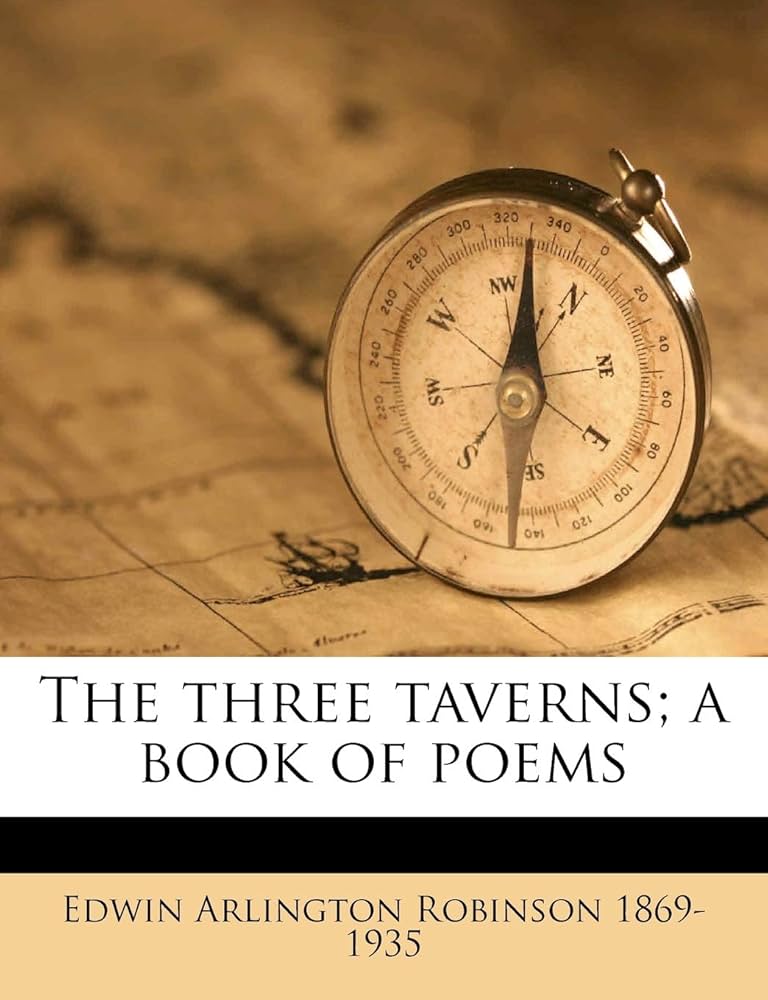Lazarus
byLazarus is introduced as more than a biblical figure revived from the tomb; he becomes a quiet monument to the silence that often follows revelation. His resurrection is not framed as a triumph but as a riddle, deepening the mystery rather than dissolving it. To those around him, especially Mary and Martha, he is both familiar and foreign—alive but unreachable, present but hollowed by what he has seen. Where Martha once bustled with care, she now carries the ache of losing her brother twice: first to death, then to his transformation. Mary, the gentler soul, searches his eyes not for answers but for traces of who he was. Yet Lazarus has become more echo than man, his spirit anchored in something that language cannot express and memory cannot hold.
In this portrayal, Lazarus is not bitter or burdened in the traditional sense, but his silence speaks with the weight of an altered soul. He seems to walk gently among the living, not out of humility but out of distance, as though every word spoken feels too heavy or too hollow. His gaze rests not on people but on horizons others cannot see, and this separation invites both sorrow and reverence. To Mary and Martha, his presence is both miracle and mourning. What was returned to them is not what was taken—at least not in the form they understood. It is not grief they feel, but the unnerving sensation that love has become unknowable. His sisters, though grateful, must now relearn how to hold a brother who has passed through something sacred and unspeakable.
The story reshapes resurrection into a human trial rather than a divine celebration. It asks whether the soul can truly return unchanged from what lies beyond breath. Lazarus, once anchored to family, food, and friendship, is now adrift in philosophical solitude, isolated by insight. It isn’t that he has become cold, but that he has become contemplative in a way that ordinary life cannot absorb. He eats, walks, and listens, but his laughter has faded into thought, and his joy no longer rises naturally. Even kindness from others feels like an echo that cannot reach him fully, as if his ears remain tuned to the hush of eternity.
In Robinson’s rendering, death is not a door closed and reopened—it is a veil parted that never fully reseals. This veil lingers between Lazarus and his loved ones, reshaping every moment into something slightly uncanny. Even silence becomes loaded, not with fear, but with reverence. The story nudges readers toward uncomfortable questions: If resurrection comes, what do we truly reclaim? If the soul returns, does it belong to us, or to the beyond? The poem suggests that the miracle is not only Lazarus rising, but others learning to live beside someone forever changed.
Mary’s quiet anguish mirrors the heartache of anyone who watches a loved one become emotionally distant through trauma or transformation. Her yearning is not for theological truth but for simple, shared presence—something to anchor their bond once more. Yet what she finds is not rejection but detachment, a brother with compassion in his eyes but absence in his soul. Martha’s frustration, more practical, is grounded in the need for closure that Lazarus cannot provide. Her call to Mary is less about reuniting with Lazarus and more about not losing each other in the shadows he leaves behind.
Lazarus’s own sorrow is never explicitly voiced, but it haunts the poem’s every line. In stepping beyond death, he has tasted clarity, but it came at the cost of common connection. He does not curse his return; he simply exists in it, weathering every day like one who has seen the end of all questions. He speaks less because words are too blunt for what he knows. What once seemed miraculous now feels like endurance. There is no bitterness—only quiet, reflective weight.
What this poem offers is a glimpse into how miracles can change the meaning of home, family, and belonging. The familiar world doesn’t always welcome the altered self with open arms; it tries to fit it back into what it once was. Lazarus’s family cannot reverse what has been seen, and neither can he. Faith becomes less about believing in resurrection and more about bearing its consequences. Through sparse but piercing language, Robinson shows that some returns are not celebrations, but reckonings with time, loss, and understanding too deep to name.
Ultimately, Lazarus is not just about one man’s return from death—it’s about what that return means to the living. Resurrection is revealed not as a restoration, but as a transformation that tests the patience, love, and faith of everyone involved. By humanizing the aftermath of a divine event, the poem gently asks: can we still love someone when they no longer meet our expectations of who they once were? And more hauntingly, can we love them enough to let them remain changed? In Lazarus’s quiet figure, that question waits—not to be answered, but to be lived.

